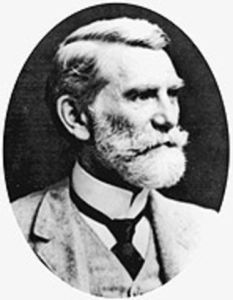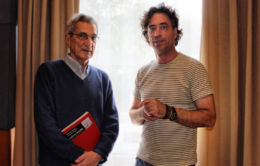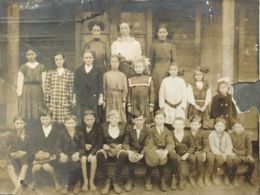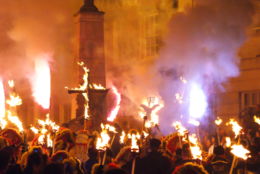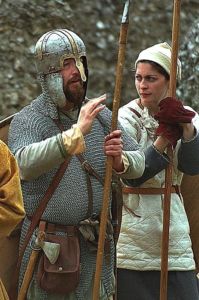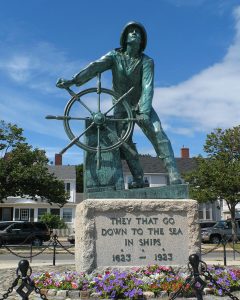Ayo H. Kimathi
Jews are the Problem, second edition
Crestview, Fla.: Money Tree Publishing, 2023
Ayo H. Kimathi received considerable scorn in the mainstream media for his Black Nationalist racial activism while working as a contractor for the Department of Homeland Security (DHS) in 2013. At the time, he was making many anti-white statements that would have been tolerated during the Summer of Floyd in 2020, but weren’t tolerated in 2013. (more…)


